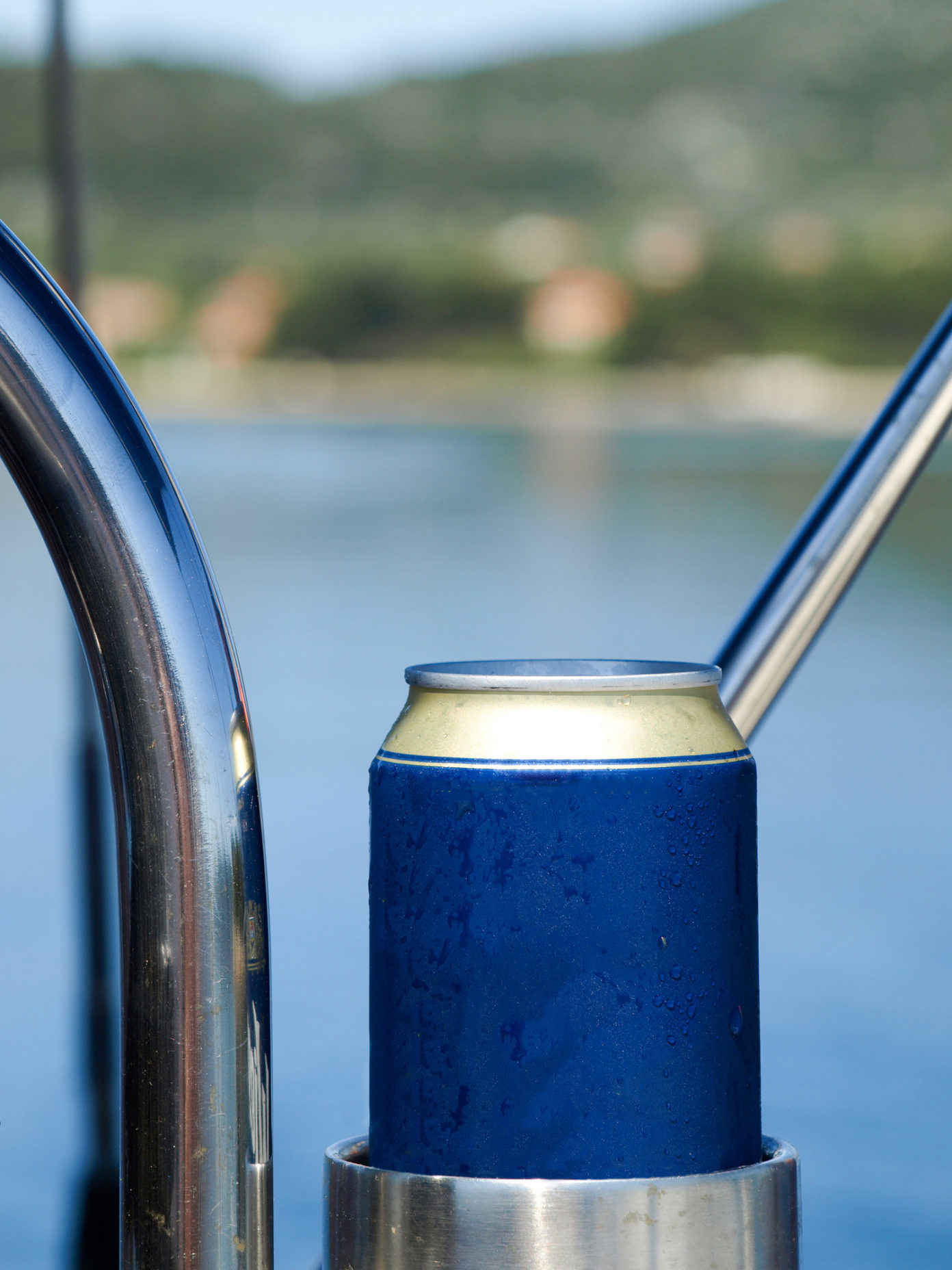Policy Scan and Summary of State Laws Addressing Boating Under the Influence
June 27, 2019
Overview
The combination of boating with alcohol and drugs, or “boating under the influence (BUI)”, has serious ramifications for both boat operators and passengers. All 50 states and the District of Columbia prohibit the operation of a boat while intoxicated. This resource provides a compilation of state BUI laws and provisions.

Recreational boating is a popular summer activity throughout the United States. Yet, the combination of boating with alcohol and drugs, or “boating under the influence (BUI)”, has serious public health, legal, and economic ramifications for both boat operators and passengers. According to numerous studies, alcohol use may actually be more hazardous on the water than on dry land. Being out on the water forces the brain to work overtime at adapting the body’s equilibrium. The addition of alcohol, drugs, and other intoxicants challenges the body’s sensory perception abilities. Sun, wind, noise, vibration, and motion can intensify the effects of alcohol and drugs, thereby drastically reducing an operator’s vision, balance, coordination, judgment, and reaction time. Consequently, intoxication increases the risk of accidents and death while boating. Alcohol is the most prominent contributing factor to fatal boating accidents. Moreover, alcohol is the fifth most cited contributing factor for all boating accidents. In nearly 35% of boating accident fatalities, alcohol was the primary contributing factor. In 2017 alone (the most recent year for which such statistic are available), 102 deaths resulted from alcohol related boating accidents, with an additional 10 deaths from other intoxicating drugs. Local, state, and federal law enforcement agencies around the United States made 494 BUI arrests during a three-day weekend in 2018.
State BUI Laws
All 50 states and the District of Columbia prohibit the operation of a boat while intoxicated. However, state laws differ as to the applicability of BUI laws in certain scenarios, the requirements for intoxication testing, as well as the type of penalties they assess.



